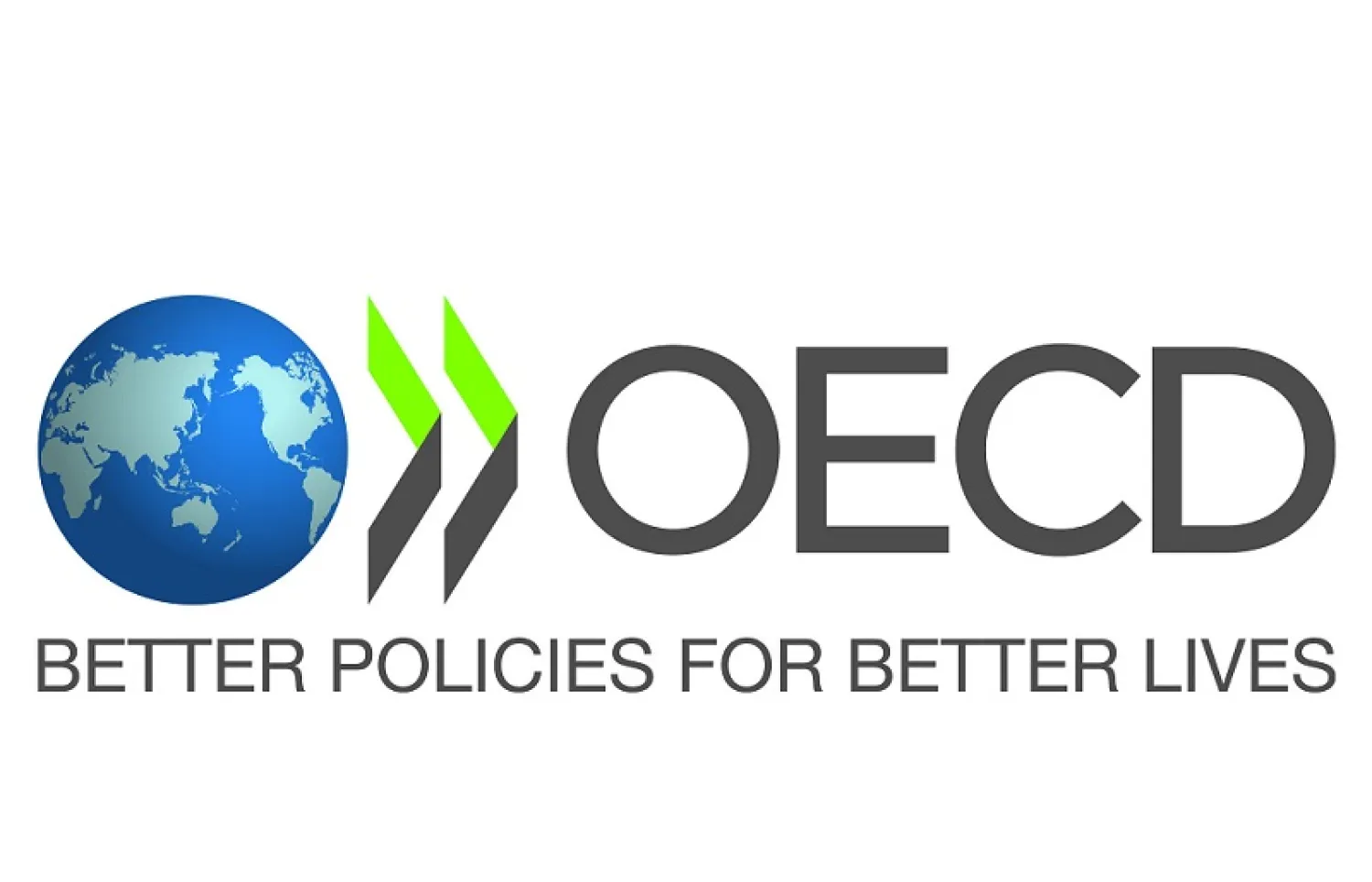Pakistani Finance Minister Muhammad Aurangzeb discussed the future of his country, which has frequently experienced a boom-and-bust cycle, saying Pakistan has relied on International Monetary Fund (IMF) programs due to the absence of structural reforms.
In an interview with Asharq Al-Awsat on the sidelines of the AlUla Conference for Emerging Market Economies, Aurangzeb acknowledged that Pakistan has relied on IMF programs 24 times not as a coincidence, but rather as a result of the absence of structural reforms and follow-up.
He stressed the government has decided to "double its efforts" to stay on the reform path, no matter the challenges, affirming that Islamabad not only has a reform roadmap, but also draws inspiration from "Saudi Vision 2030" as a unique model of discipline and turning plans into reality.
Revolution of Numbers
Aurangzeb reviewed the dramatic transformation in macroeconomic indicators. After foreign exchange reserves covered only two weeks of imports, current policies have succeeded in raising them to two and a half months.
He also pointed out to the government's success in curbing inflation, which has fallen from a peak of 38 percent to 10.5 percent, while reducing the fiscal deficit to 5 percent after being around 8 percent.
Aurangzeb commented on the "financial stability" principle put forward by his Saudi counterpart, Mohammed Aljadaan, considering it the cornerstone that enabled Pakistan to regain its lost fiscal space.
He explained that the success in achieving primary surpluses and reducing the deficit was not merely academic figures, but rather transformed into solid "financial buffers" that saved the country.
The minister cited the vast difference in dealing with disasters. While Islamabad had to launch an urgent international appeal for assistance during the 2022 floods, the "fiscal space" and buffers it recently built enabled it to deal with wider climate disasters by relying on its own resources, without having to search "haphazardly" for urgent external aid, proving that macroeconomic stability is the first shield to protect economic sovereignty.
Privatization and Breaking the Stalemate of State-Owned Enterprises
Aurangzeb affirmed that the Pakistani Prime Minister adopts a clear vision that "the private sector is what leads the state."
He revealed the handover of 24 government institutions to the privatization committee, noting that the successful privatization of Pakistan International Airlines in December provided a "momentum" for the privatization of other firms.
Aurangzeb also revealed radical reforms in the tax system to raise it from 10 percent to 12 percent of GDP, with the adoption of a customs tariff system that reduces local protection to make Pakistani industry more competitive globally, in parallel with reducing the size of the federal government.
Partnership with Riyadh
As for the relationship with Saudi Arabia, Aurangzeb outlined the features of a historic transformation, stressing that Pakistan wants to move from "aid and loans" to "trade and investment."
He expressed his great admiration for "Vision 2030," not only as an ambition, but as a model that achieved its targets ahead of schedule.
He revealed a formal Pakistani request to benefit from Saudi "technical knowledge and administrative expertise" in implementing economic transformations, stressing that his country's need for this executive discipline and the Kingdom's ability to manage major transformations is no less important than the need for direct financing, to ensure the building of a resilient economy led by exports, not debts.









